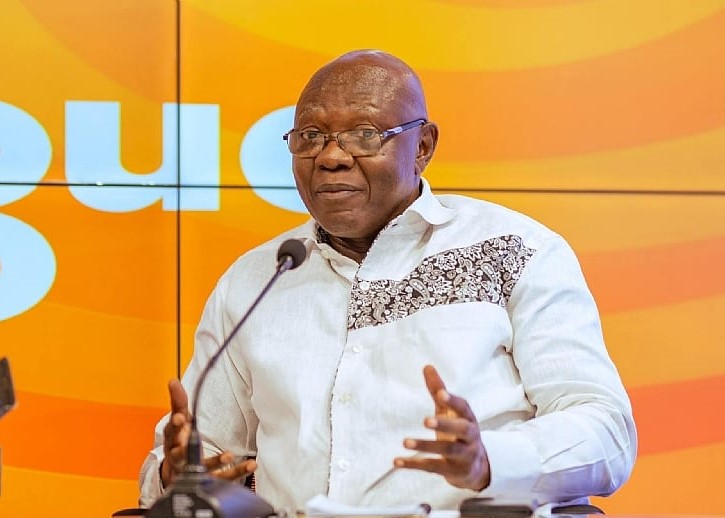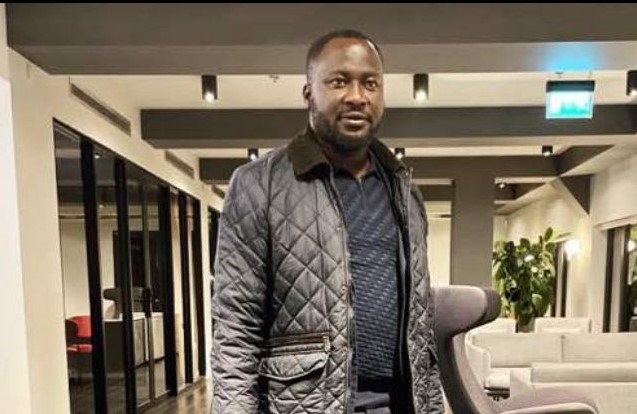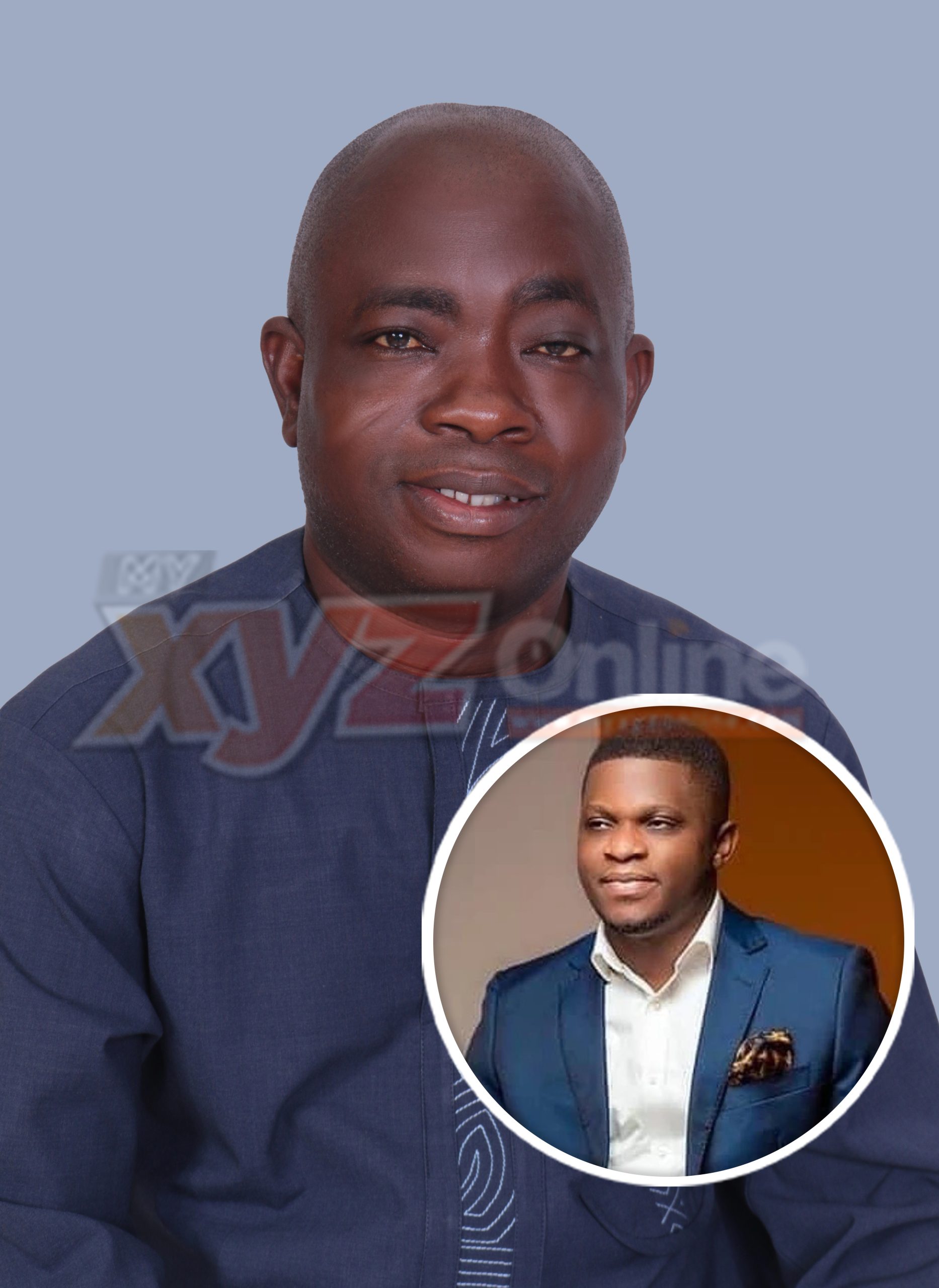The Former Member of Parliament for Amenfi East and Board Chairman of the Ghana Investment Promotion Centre (GIPC), Dr. Akwasi Oppong-Fosu, has warned that Ghana is drifting toward dangerous levels of national division driven by extreme partisanship, ethnic polarization and the politicization of religion.
Speaking at the handing-over ceremony of the Volta Region Students Association of Ghana (VORSAG) at the Ghana Communication Technology University (GCTU) in Accra on Wednesday, November 26, Dr. Oppong-Fosu said the nation is at a crossroads where it must choose whether to move forward confidently or sink deeper into uncertainty.
He lamented that Ghana is “becoming a nation more divided than at any other moment in our history,” noting that political participation has taken on an increasingly extreme partisan character, while ethnicity is being weaponized for political gain.
According to him, some ethnic groups face undue challenges depending on which government is in power, a situation he described as unhealthy for national cohesion.
“Instead of national identity binding us together, we are witnessing the emergence of fragmented identities pulling us apart. Religion, once a unifying moral force, is now being dragged into political competition. We discuss who deserves to be at the Jubilee House based on religion and ethnicity, not merit, competence or character,” he said.
Dr. Oppong-Fosu described these developments as “deeply disturbing,” warning that no country has achieved meaningful development by deepening internal divisions.
He stressed that tribal sentiment should never override personal values and that political intolerance must not replace constructive national debate.
He also expressed concern over the growing deterioration of intellectual discourse in the public space.
Citing a recent confrontation between two professors on live television, he observed that public debates have shifted from educating the public to promoting aggression.
“Years ago, we had programmes such as Talking Point where people waited anxiously to learn. Today, people clap for who punches harder. It is no longer about information, it is about attacks,” he said.
Dr. Oppong-Fosu further pointed to the rise of misinformation and fake news as a major threat to national stability, explaining that individuals are often maligned and discredited before they even have the opportunity to respond.
“When this happens, a country loses the glue that holds it together. If these trends continue unchecked, it will be the next generation, your generation, that pays the highest price,” he warned.
He urged students and young people to champion unity, responsible citizenship and informed dialogue, stressing that their active involvement is crucial to safeguarding Ghana’s democratic future.
Source: Myxyzonline.com





